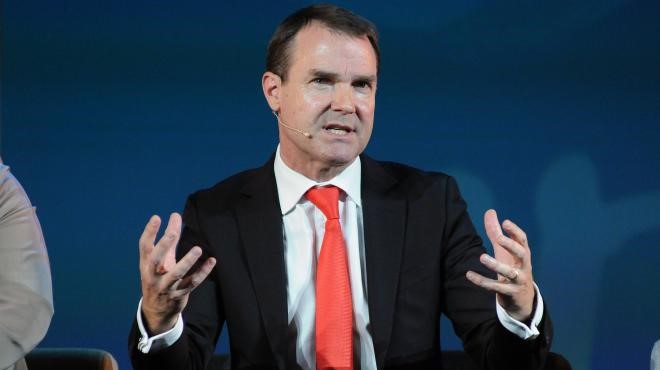The Elephant Protection Initiative (EPI), an alliance of 21 African countries dedicated to conserving their elephants, has announced a new vision to meet the challenges of the 21st century.

The EPI’s secretariat, the EPI Foundation, on Thursday, November 12, 2020 unveiled its “Vision 2030”, a scheme designed to address the challenges that Africa’s growing human population and economic development present for its remaining elephants.
“People and elephants are increasingly competing for land and dwindling natural resources,” said John Scanlon AO, CEO of the EPI Foundation, “and in recent years we have witnessed a dramatic increase in human-elephant conflict across the continent. If these conflicts can’t be satisfactorily resolved, the long-term prospects for elephants are bleak.”
The EPI Foundation’s “Vision 2030”, working through the EPI’s African leadership, will bring member countries together to share knowledge, experience and technologies, to mitigate and prevent conflict between humans and wildlife, according to the organistation.
It adds that the EPI Foundation will help African governments to build a mutually supportive response to managing these threats, and be a platform for them to share their positions and articulate their challenges to the rest of the world.
The five members of the EPI’s Leadership Council, H.E The Former President of Botswana, Ian Khama; H.E The First Lady of Kenya, Margaret Kenyatta; H.E The First Lady of Sierra Leone, Fatima Maada Bio; the former Prime Minister of Ethiopia, Hailemariam Desalegn; and Gabon’s Minister of Forests and the Environment, Lee White, said: “We are delighted that the EPI is re-positioning its focus and expertise to prioritise human-elephant conflict. Together we need to find sustainable solutions, where people can prosper and our remaining elephants are safe.
“The collapse of tourism revenue as a result of the Covid-19 pandemic makes the challenge all the more urgent. We believe the EPI, with its continent-wide membership, is well placed to help find solutions.”
The EPI’s Dr Winnie Kiiru, based in Kenya, said: “Last week, on the edge of Amboseli National Park, I met a Maasai family whose son was killed by an elephant whilst out herding cattle. For such communities, a resolution to human-elephant conflict is a matter of life and death. And our ability to resolve these conflicts will play a big part in determining whether elephants survive.”
The EPI, founded in 2014, has hitherto been focused on supporting the international moratorium on elephant ivory trade and preventing Africa’s ivory stockpiles from leaking onto the illegal market.
“These will remain fundamental pillars of the EPI, as will supporting national coordinated plans to manage elephants’, said Scanlon, adding:
“But we must acknowledge that threats to elephants are changing. Across Africa elephants are losing their migratory routes, their habitats are under increasing threat, people are tragically being injured or killed, and farmers are seeing their crops destroyed.”
